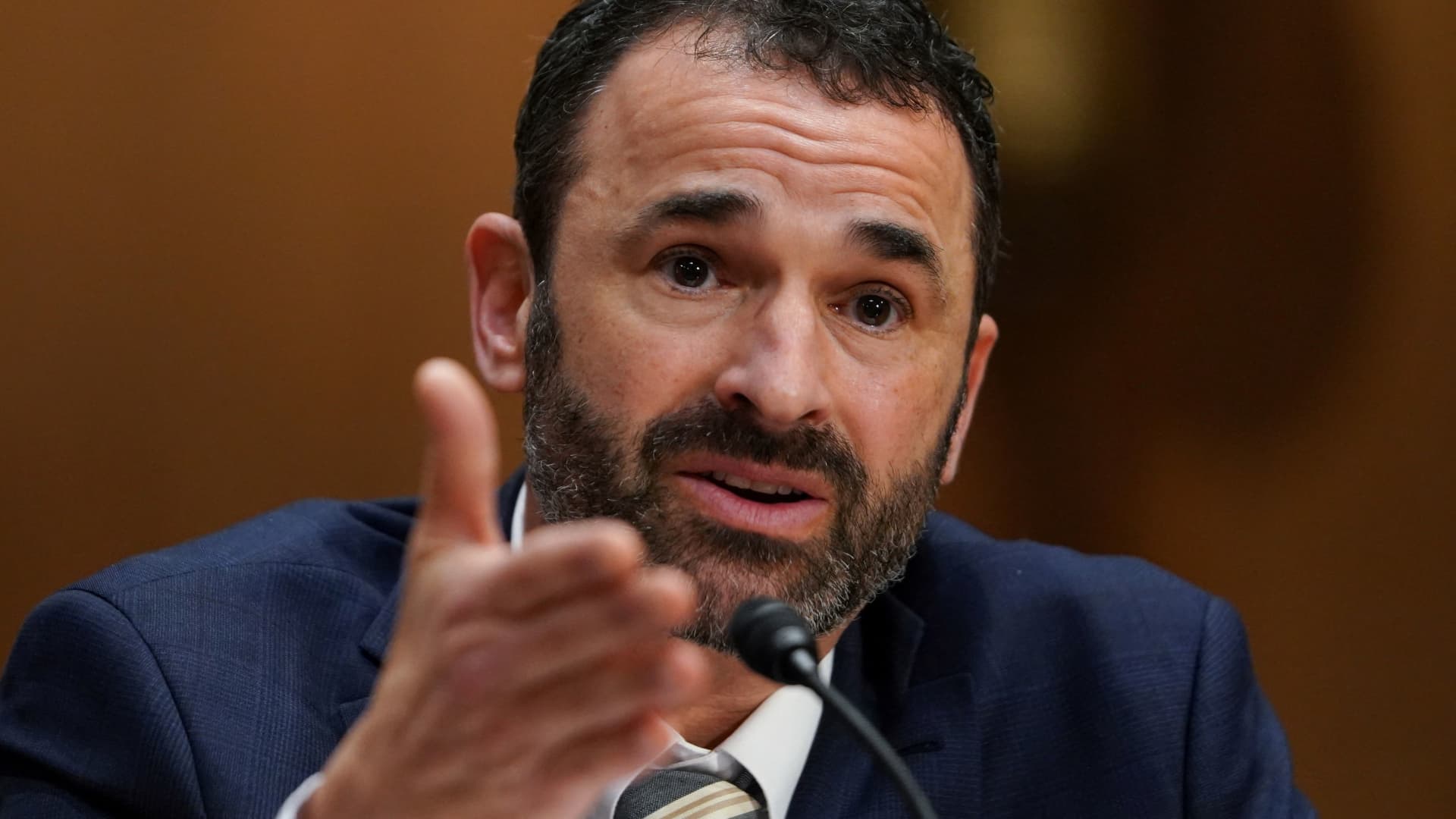The IRS on Thursday released a plan for the nearly $80 billion in agency funding enacted through the Inflation Reduction Act in August — including expected boosts for customer service, technology and enforcement.
“Now that we have long-term funding, the IRS has an opportunity to transform our operations and provide the service that people deserve,” IRS Commissioner Danny Werfel told reporters on a press call.
Aligned with priorities outlined by Treasury Secretary Janet Yellen in August, the plan aims to improve several areas of taxpayer service, including a five-year timeline to digitize the filing process and the ability to respond to all IRS notices online.
The IRS has already started to deploy part of the funds earmarked for customer service by hiring 5,000 phone assistors before the 2023 filing season, and taxpayers have been able to respond to certain IRS notices online since February.
Currently, the agency is answering 80% to 90% of calls, compared with only 17% during the fiscal year 2022, according to Werfel.
Similarly, phone wait times have dropped to an average of four minutes compared with 27 minutes at the same point last year. “This additional staffing made an immediate difference,” he said.
Plans to boost technology
The plan also seeks to improve outdated technology. IRS tools will help taxpayers identify their mistakes before filing returns, and upgrades may help resolve filers’ errors more quickly.
“That’s a departure from the organization’s traditions,” said Mark Everson, a former IRS commissioner and current vice chairman at Alliantgroup. “It’s also a recognition of how badly things got out of whack during the pandemic.”
Further, the agency aims to eliminate its paper backlog within five years by moving to a “fully digital correspondence process,” Deputy Treasury Secretary Wally Adeyemo said during the call.
IRS to focus on ‘wealthy individuals’
The agency’s plan also aims to reduce the budget deficit by closing the tax gap, with an initial focus on tax returns for wealthy families, large corporations and complex partnerships, Werfel said.
Boosting the experienced staff needed for more complicated audits will take time, Everson said.
“The IRS has no plans to increase the most current audit rate we have for households making less than $400,000,” he said, noting the audit rate for filers below these thresholds “won’t come close” to reaching or exceeding historic averages.
Questions remain about higher audit rates among Black Americans, which Werfel committed to investigating during his confirmation hearing.
“That strikes me as a much more challenging question to resolve than the $400,000 threshold,” said Janet Holtzblatt, a senior fellow at the Urban-Brookings Tax Policy Center, noting there are several unanswered questions for the IRS to explore.
The earned income tax credit, a tax break targeted at low- to moderate-income filers, is a contributing factor to the higher audit rate among Black Americans, research shows.
